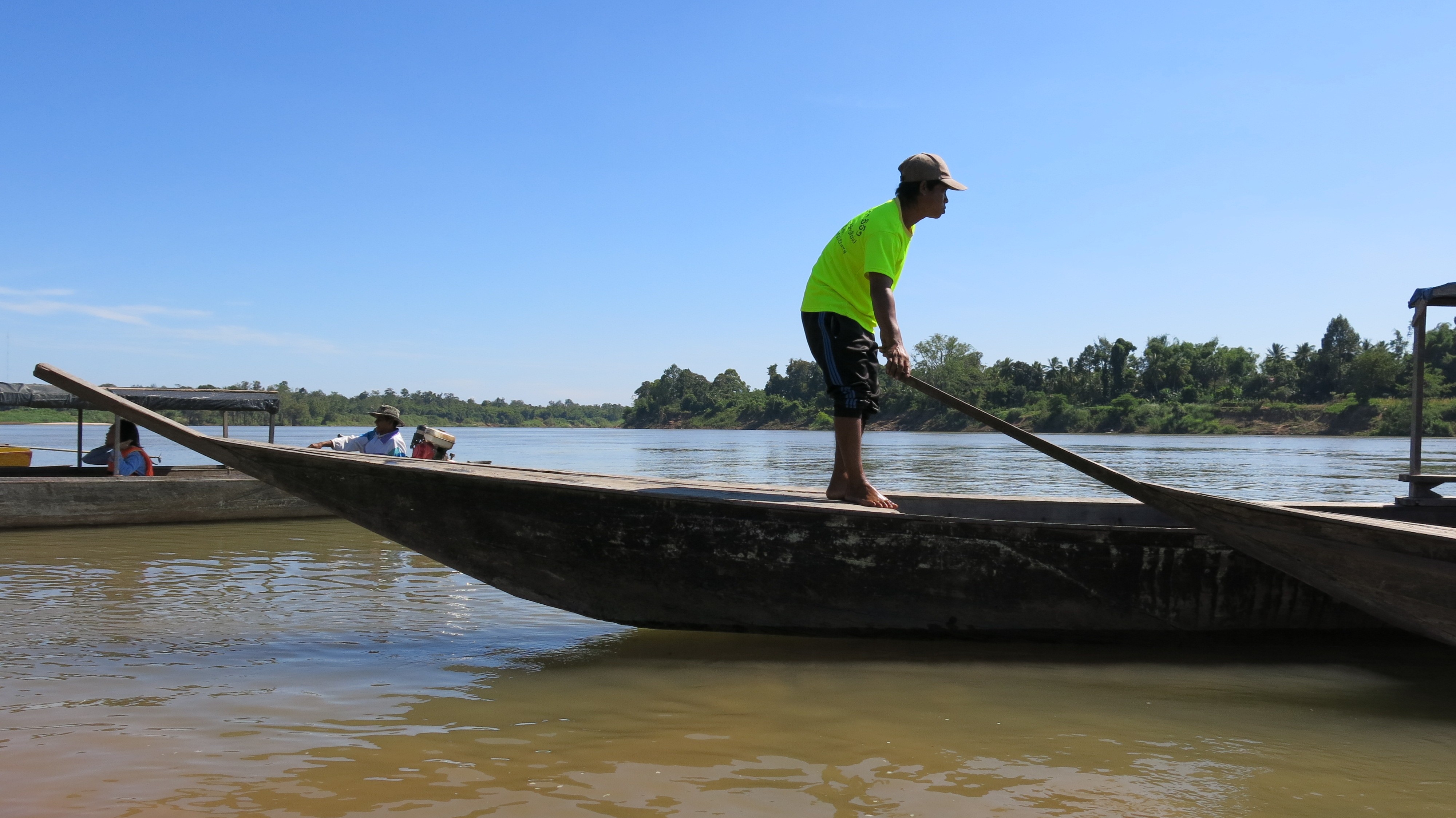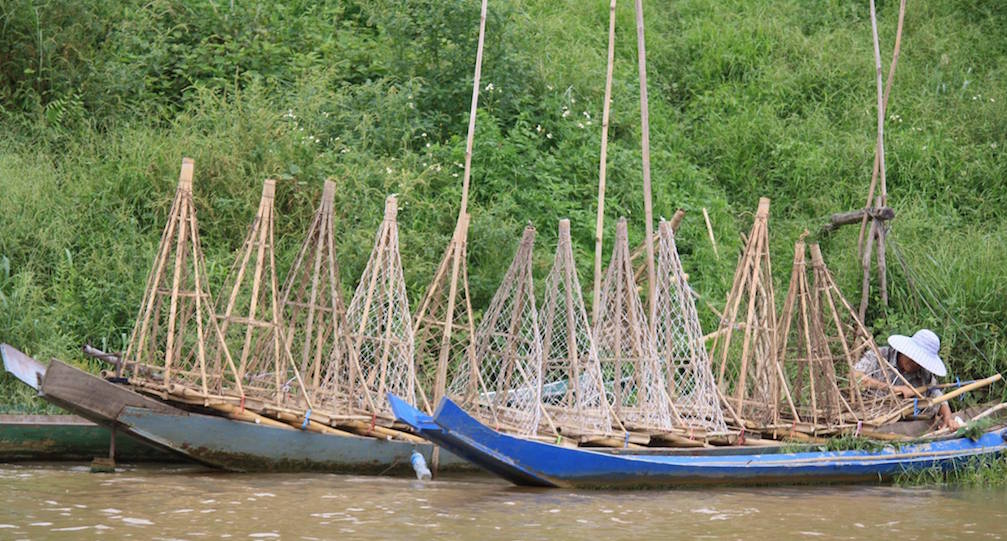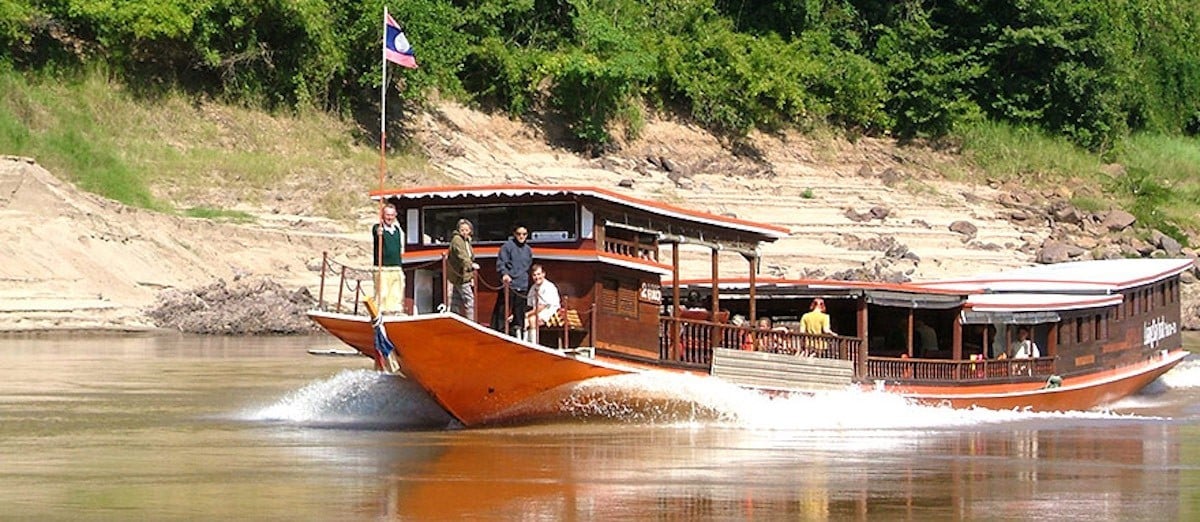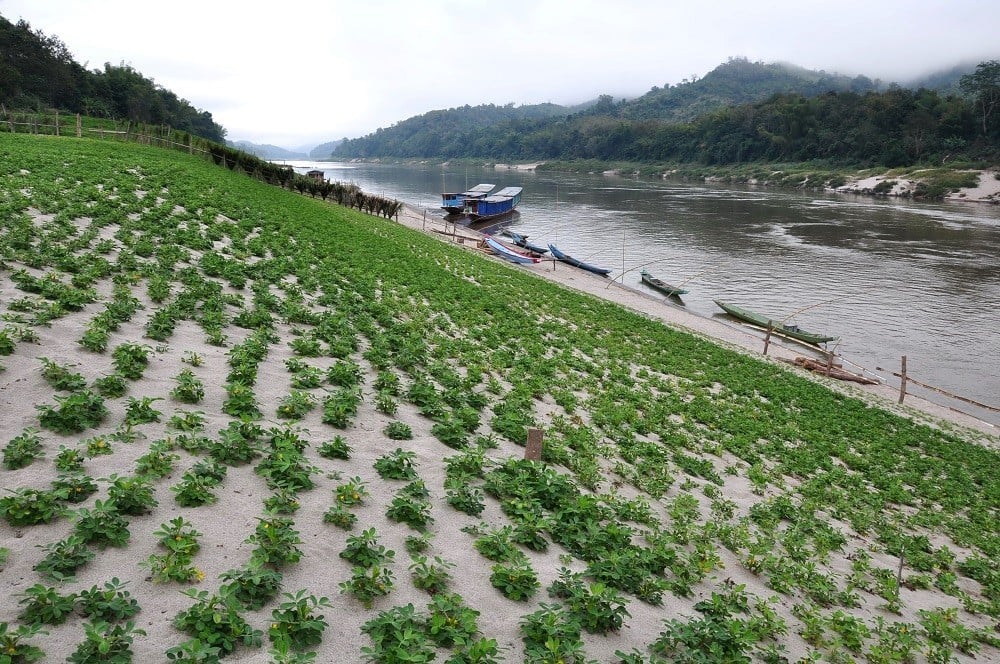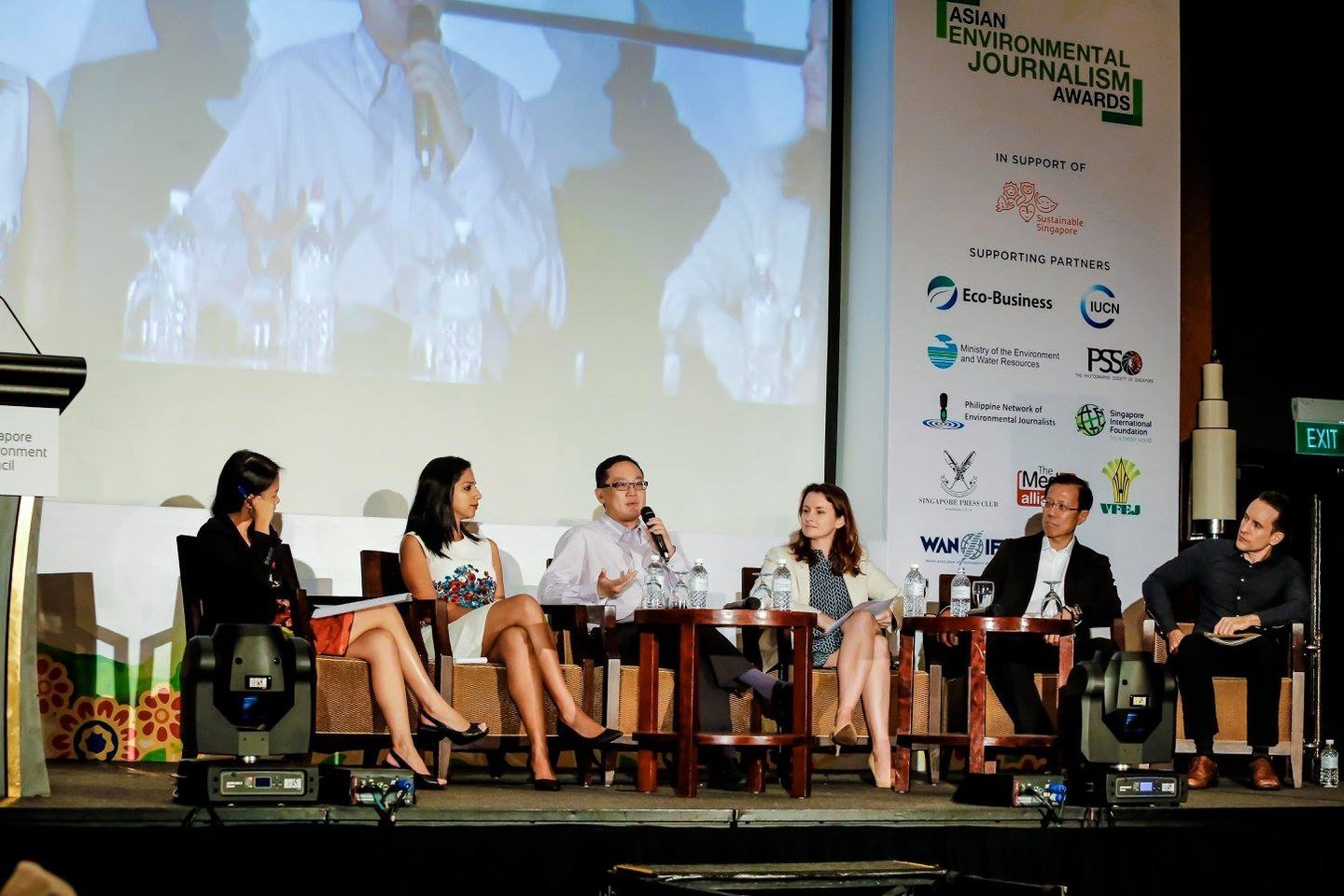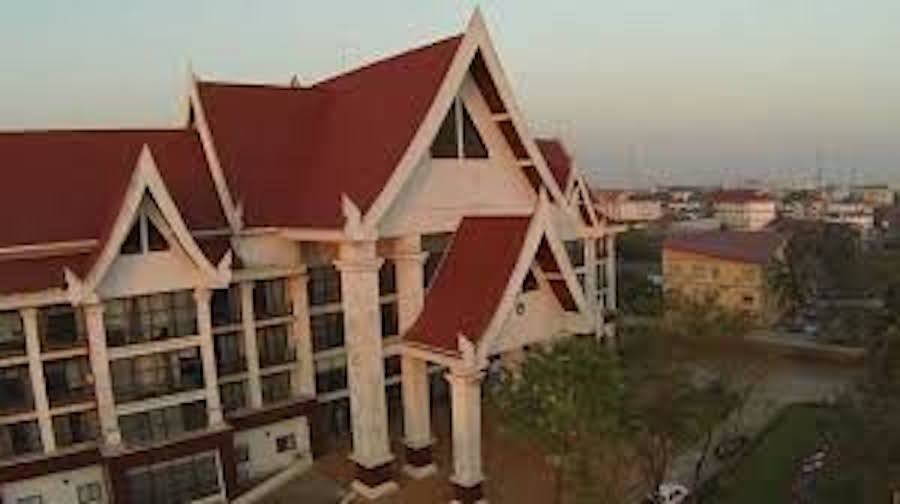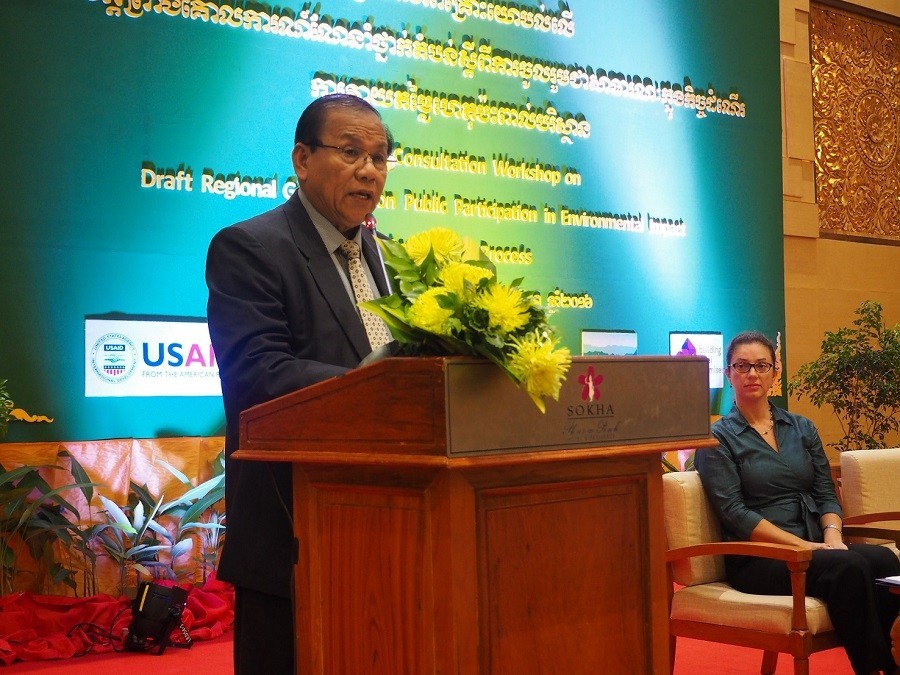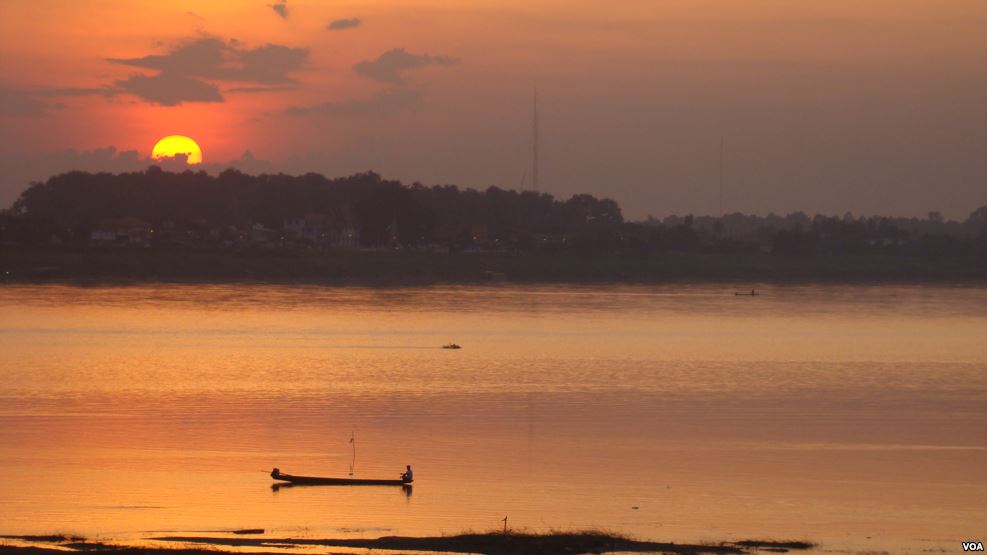Preparatory work for the next big dam on the Mekong — Pak Beng — in northern Laos has begun. This news supports the widespread narrative that the current rapid pace of dam construction on the Mekong River will continue until the entire river is turned into a series of reservoirs. Certainly the construction of even a few large dams will severely impact food security in the world’s most productive freshwater fishery and sharply reduce the delivery of nutrient-rich sediment needed to sustain agriculture, especially in Cambodia and Vietnam’s Mekong Delta.
However, our ongoing research and communication with regional policymakers provides compelling evidence that not all of the planned dams will be built due to rising political and financial risks in the region. As a consequence, we have concluded in our most recent report that it is not too late for the adoption of a new approach that would optimise the inescapable “nexus” of tradeoffs among energy generation, food security, and water use and better protect the core ecology of the river system for the benefit of future generations.


